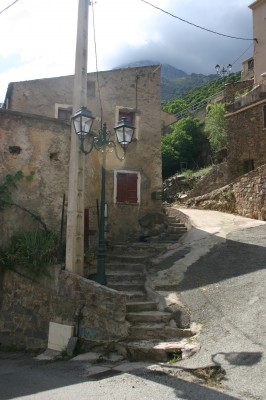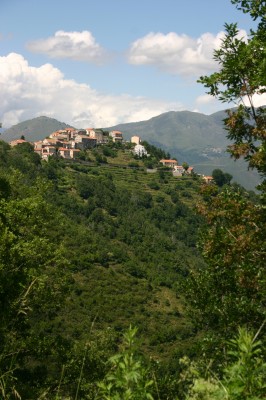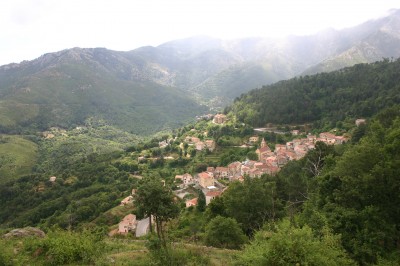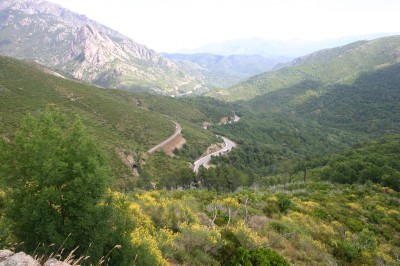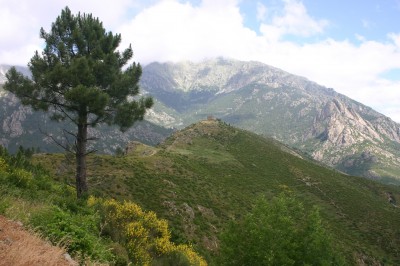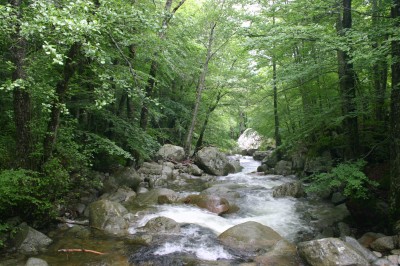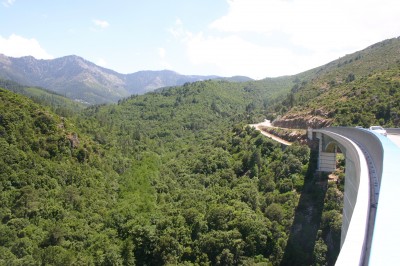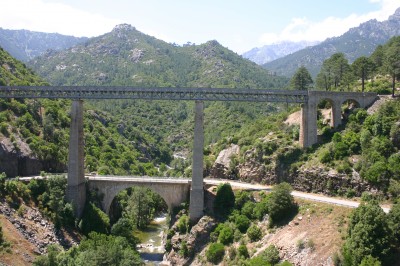Being an island, Corsica has a life all its own. According to WWF there are about 300 endemic plant species, the food is characteristically Corsican, and the political history – and present day situation – differ from the rest of France.
Throughout the centuries, foreign forces have invaded Corsica. First came five centuries of Roman rule, then Moors, Arabs and Berbers raided Corsica from around 774, looking for slaves. Right up to the 18th century, the Corsicans risked unfriendly visits from North Africa.
In the meantime, Pisa, then Genoa took over affairs in Corsica, to the chagrin of the native Corsicans. Christopher Columbus was born in Genoa during this period, so Corsicans tend to call him one of their own. Italian food and language also made deep inroads into Corsican culture, as can be felt to this day. In 1769 a battle won by France signalled the end of Genoese rule and the start of French rule, which has continued to the present.
When things got dicey, the Corsicans fled to the mountains in the central part of the island. And this is where you can still feel the strong sense of pride and independence that Corsicans are known for. The French wording on signs is covered by black spray paint and independence slogans are more frequent here than on the coast, where the maritime villages through the ages have looked more outwards to fishing and trade than inwards to staunch patriotism.
The tiny mountain villages are steep and sleepy. The air is fresh and the views are stunning. The main city in the mountains, Corte, is a vibrant university town perched in a beautiful and historic setting. The drive to the forested mountain villages of Vizzavona and Asco and the city of Corte are thrilling and scenic.

